GENDER IN HISTORY
Series editors:
Pam Sharpe, Patricia Skinner and Penny Summerfield
The expansion of research into the history of women and gender since the 1970s has changed the face of history. Using the insights of feminist theory and of historians of women, gender historians have explored the configuration in the past of gender identities and relations between the sexes. They have also investigated the history of sexuality and family relations, and analysed ideas and ideals of masculinity and femininity. Yet gender history has not abandoned the original, inspirational project of womens history: to recover and reveal the lived experience of women in the past and the present.
The series Gender in History provides a forum for these developments. Its historical coverage extends from the medieval to the modern period, and its geographical scope encompasses not only Europe and North America but all corners of the globe. The series aims to investigate the social and cultural constructions of gender in historical sources, as well as the gendering of historical discourse itself. It embraces both detailed case studies of specific regions or periods, and broader treatments of major themes. Gender in History titles are designed to meet the needs of both scholars and students working in this dynamic area of historical research.
Victorians and the Virgin Mary
ALSO AVAILABLE
IN THE SERIES
Myth and materiality in a womans world: Shetland, 18002000
Lynn Abrams
The truest form of patriotism: pacifist feminism in Britain, 18701902
Heloise Brown
Artisans of the body in early modern Italy: identities, families and masculinities
Sandra Cavallo
Masculinities in politics and war: gendering modern history
Stefan Dudink, Karen Hagemann and John Tosh (eds)
The military leadership of Matilda of Canossa, 10461115
David J. Hay
The shadow of marriage: singleness in England, 191460
Katherine Holden
Noblewomen, aristocracy and power in the twelfth-century Anglo-Norman realm
Susan Johns
The business of everyday life: gender, practice and social politics in England, c. 16001700
Beverly Lemire
The independent man: citizenship and gender politics in Georgian England
Matthew McCormack
VICTORIANS AND THE VIRGIN MARY
RELIGION AND GENDER IN ENGLAND, 183085

Carol Engelhardt Herringer

Copyright Carol Engelhardt Herringer 2008
The right of Carol Engelhardt Herringer to be identified as the author of this work has been asserted by her in accordance with the Copyright, Designs and Patents Act 1988.
Published by Manchester University Press
Oxford Road, Manchester M13 9NR, UK
and Room 400, 175 Fifth Avenue, New York, NY 10010, USA
www.manchesteruniversitypress.co.uk
Distributed exclusively in the USA by Palgrave
175 Fifth Avenue, New York,
NY 10010, USA
Distributed exclusively in Canada by UBC Press
University of British Columbia, 2029 West Mall,
Vancouver, BC, Canada v6t 1Z2
British Library Cataloguing-in-Publication Data
A catalogue record for this book is available from the British Library
Library of Congress Cataloging-in-Publication Data applied for
ISBN 978 0 7190 7753 1
First published 2008
17 16 15 14 13 12 11 10 09 08 10 9 8 7 6 5 4 3 2 1
Typeset in Minion with Scala Sans display
by Koinonia, Manchester
Printed in Great Britain
by Antony Rowe Ltd, Chippenham, Wiltshire
For my parents, with love and gratitude
Acknowledgements
This book began as a seminar paper and then grew into a dissertation under the able guidance of Jeanne Peterson, whose combination of warmth and intellectual rigour continues to delight and inspire me. While at Indiana University, and in the years since, I have also benefited from the guidance and encouragement of James Eli Adams, Dyan Elliott, Andrew Miller, Robert Orsi, and David Pace; I remain grateful to all of them for their early and continuing support.
During the years in which this project evolved into a book, I received valuable assistance in many forms, including citations, hospitality, and encouragement, from A. M. Allchin, Miriam Bailin, Joep van Beeck, Sarah Boss, Andrew Bradstock, Eamon Carroll, the late Caspar Caulfield, Sally Cunneen, Sheridan Gilley, Helen Hackett, Mary Heimann, Stanley and Mollie Hood, Ian Ker, Gerry Magill, Jeremy Morris, Denis Paz, Geoffrey Rowell, Alison Shell, and Michael Wheeler. I am grateful also to the two anonymous readers from Manchester University Press for their thoughtful comments and useful suggestions for improving the manuscript. The editors at Manchester University Press have made the publication process easier and more rewarding than I ever could have hoped.
I have been blessed with a group of friends and colleagues on both sides of the Atlantic who have provided both the intellectual support without which this book would not have been written and the friendship that makes the research and writing more enjoyable. My deepest thanks to Scott Beasley, Stephen Chapman, John Chappell, Paul Deslandes, Alice Dreger, Michael Drolet, Dan Fenton, Debbie Gershenowitz, Leigh Hayden, Maria LaMonaca, John LaRocca, Patrick Leary, Laura Leming, Scott Lewis, Laura Luehrmann, Joan Milligan, Lydia Murdoch, Paul Murphy, Paul Nagle, Hilary Nightingale, Richard Pierce, Anne Rodrick, Caroline Rose, Michael Suarez, Andrena and Bill Telford, and Liann Tsoukas. Over weekly burritos and margaritas Una Cadegan has encouraged and challenged my ideas on religion and culture, while the most collegial and congenial VICKIs Rick Incorvati, Barry Milligan, Chris Oldstone-Moore, and Tammy Proctor have read and commented extensively on drafts of these chapters.
I could not have written this book without the assistance of the archivists and librarians at Indiana University, the British Library, Pusey House, the Bodleian Library, the Birmingham Oratory, the Cambridge University Library, Dr Williamss Library, Lambeth Palace Library, St Deniols Library, the Vatican archives in Rome, and Wright State University. Among this group, Fr William Davage of Pusey House deserves special mention for his many kindnesses.

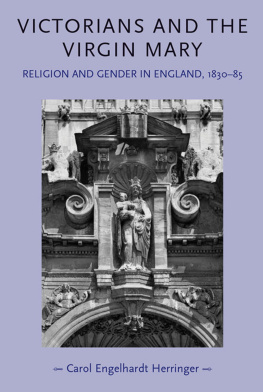

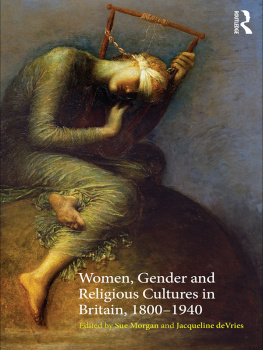
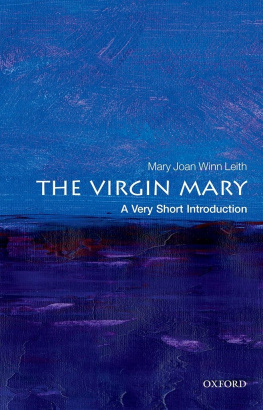
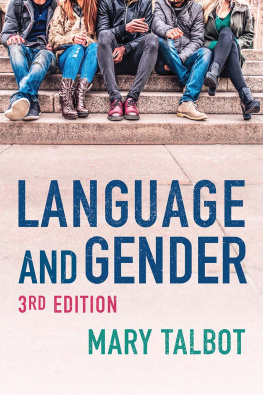
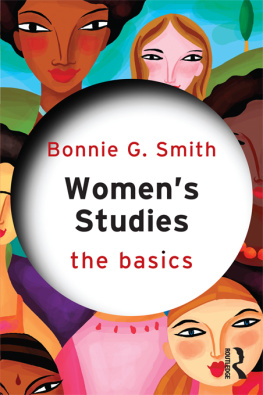
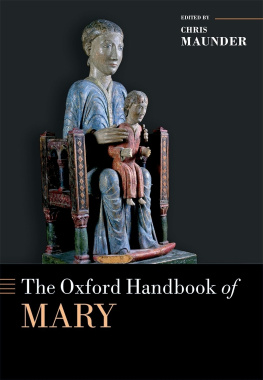
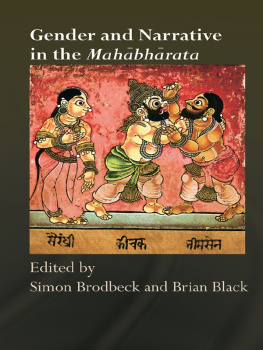




 Carol Engelhardt Herringer
Carol Engelhardt Herringer 


